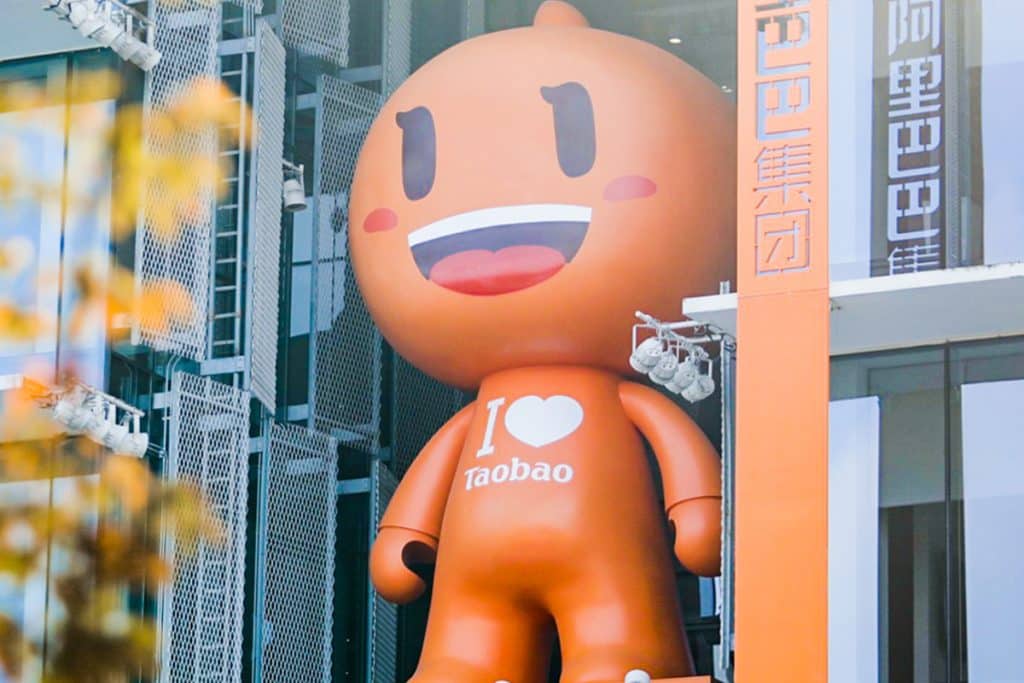China’s e-commerce major Alibaba Group announced a major restructuring, under which it would become a holding company with six different business groups.
Each unit would have its own chief executive and board of directors to allow for quicker decision-making, according to media reports.
The company described the restructuring as the ‘most significant’ organisational overhaul in its 24-year history.
The units will be allowed to seek outside capital, hinting at an eventual initial public offerings for them.
Only its China e-commerce unit, Taobao Tmall Commerce Group, will remain a wholly owned Alibaba entity.
Stock markets reacted positively to the announcement, with Alibaba’s US-listed shares rising more than 14 percent on Tuesday.
In a letter to employees, Daniel Zhang, Alibaba’s chief executive, said the holding company structure made sense for the company because the natures of the six business groups were different, with various stages of development and disparate needs.
Alibaba, however, did not explain why Taobao Tmall, the China commerce business that accounts for the vast majority of its revenue, will remain wholly owned.
“If you do not embrace change, you will become rigid, and if you do not change yourself, you will be defeated by the times,” Zhang said in the letter.
In addition to being the head of the holding company, Zhang said he will serve as chief executive of the Cloud Intelligence Group, the company’s cloud computing and artificial intelligence division.

The other business groups are Global Digital Commerce Group, its overseas e-commerce businesses; Local Services Group for its mapping and delivery services; Cainiao Smart Logistics, its logistics and supply chain management arm; and Digital Media and Entertainment Group.
Analysts viewed Alibaba’s decision to potentially break up the company into several entities as a potential move to ease the Chinese government’s concerns about the concentration of power and influence among the country’s web giants.
“Splitting the company into different parts appears compatible with the general desire to avoid antitrust scrutiny, which has been an issue not just for Alibaba but for other companies in China” in recent years,” the New York Times reported, quoting Graham Webster, the editor in chief of the DigiChina Project at the Stanford University Cyber Policy Center.
“I would be surprised if that’s not at least partially in their minds,” he said, adding that there may also be some “business logic” to the restructuring.
Webster noted that splitting Alibaba into different lines of business could insulate the entire enterprise from future government crackdowns on specific sectors.
Of late, the Chinese government appears to be relaxing its regulatory stronghold on the technology sector after a tumultuous three years — a period marked by the disappearance of Alibaba’s billionaire founder, Jack Ma, from the public eye.

He was driven underground after criticizing Chinese regulators in 2020 for stifling innovation at Ant Group, Alibaba’s financial technology sister company.
Once a gregarious and outspoken figure, a symbol of China’s ability to compete globally, Ma has maintained a low profile in recent years, choosing to spend most of his time abroad.
He resurfaced in mainland China this week after a prolonged absence.
It is not clear how the timing of Ma’s return affected Alibaba’s announcement. He retired from the company in 2019 but remains one of its largest individual shareholders.





